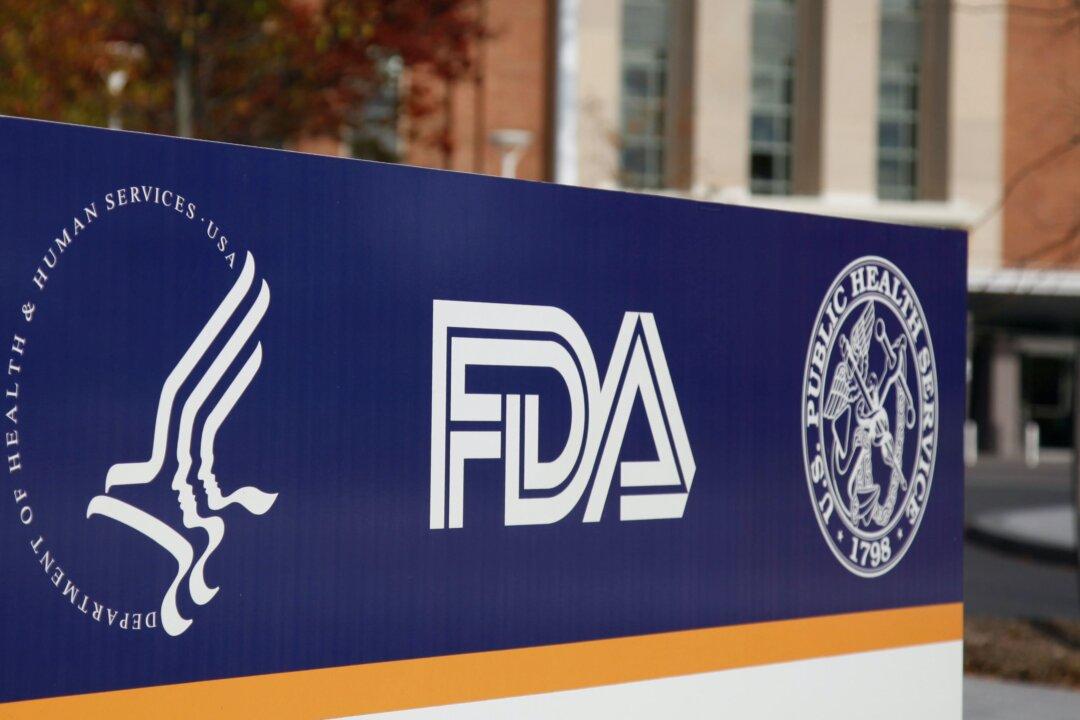Two officials from the U.S. Food and Drug Administration (FDA) don’t recommend doses for the CCP virus vaccine to be cut in half in order to stretch the vaccine supply, according to documents.
The FDA announcement comes one day after a U.S. federal official considered giving some people half the dose of Moderna’s CCP (Chinese Communist Party) virus vaccine to immunize more people with the doses that are currently available.





